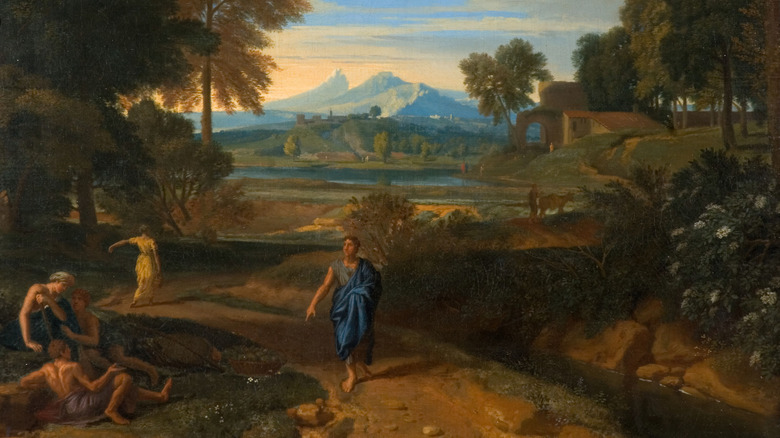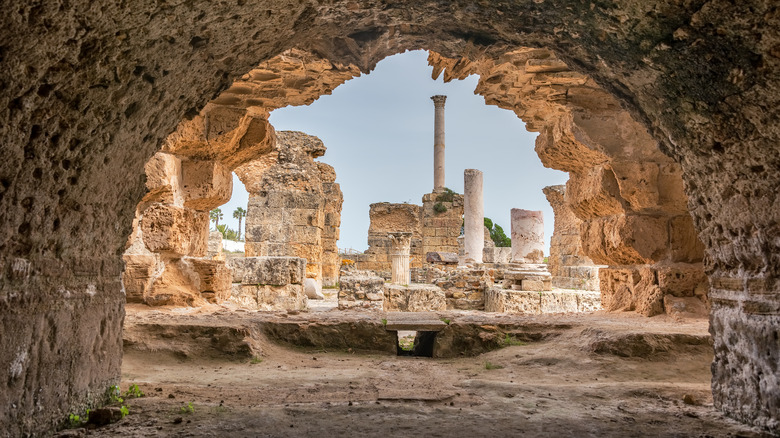What Life Was Like For Ancient Carthaginians
The area around the Mediterranean Sea gave rise to Rome, one of the most powerful empires to ever exist in recorded history. Yet when Rome was just a young, growing city, a different force was dominating the shores of the Mediterranean: the Phoenicians, with their powerful city-state of Carthage, a den of merchants, artists, and aristocrats that was once the richest city in the Western world until its eventual Roman capture.
Carthage was founded some time in the 9th century BCE, either by a widowed princess named Dido or Phoenician merchants, at the site of what is today the Tunisian capital of Tunis (via Study). The original settlers came from Tyre and modern-day Lebanon, but the city-state quickly adopted a multi-cultural identity as they came into contact with Greeks, Etruscans, Egyptians, and other Africans to form what the Romans called Punic culture. Ancient Carthaginians would have been some of the most culturally knowledgable people in the world, through the diversity of their homeland and the constant trade that connected Africa, Asia, and Europe conducted through their docks and harbors.
Carthaginian society revolved around wealth
According to World History, the aristocracy of Carthage was not based on land ownership, but pure wealth. Political positions were not salaried, so only those with a strong personal income could afford to run for council positions. Army service was not required, and possibly not even taxes, as mercenaries conquered neighboring lands to provide even more wealth. While trade was vital to Carthage, the city-state was home to many artisans who crafted jewelry, pottery, dyes, glass, and more. Artisans lived in communities with their fellow tradesmen while less-skilled workers lived in the crowded city center, sometimes in buildings up to six stories high.
There were certainly slaves in Carthage, but it is nearly impossible to estimate how many. Some slaves ran businesses with autonomy and accrued income, but it's unknown how common this was. Before Roman conquest, Carthage was a gleaming city of commerce, with hundreds of docks decorated with sculptures and arches. For the wealthy elite, living in Carthage was an unrivaled experience along the fertile shores of the Mediterranean. As is usually the case, however, it was a different story for the laborers, who lived in cramped conditions with little hope of achieving citizenship despite the immense wealth of their city-state.

